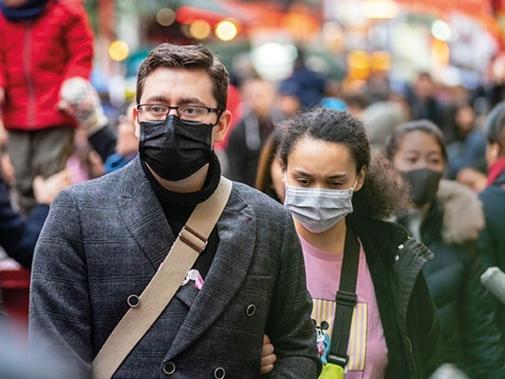The global spread of COVID-19 has been the single biggest public health crisis faced by the UK since the creation of the NHS. It is therefore surprising that, at the height of the pandemic, the UK Government chose to replace PHE (Public Health England) in a large restructuring of the public health system in England.
The decision to overhaul public health comes at a time when health inequalities that existed before the pandemic have worsened, the NHS faces a huge backlog and NHS and public health staff are feeling exhausted and demoralised.
Despite the inevitable disruption, and anxiety experienced by staff about their future employment, the restructure could provide an opportunity to learn from past mistakes and enable ‘building back fairer’, tailoring NHS services to the needs of local populations and improving preparedness for future pandemics.
However, there has been little attempt so far to draw on the expertise of PHE staff in designing the new structures. A recent BMA survey of public health doctors found confidence in these new organisations is low, with 42% believing that changes to PHE will make the response to the pandemic worse.
Among PHE staff, this figure rises to 55%. It is not just the immediate health crisis that concerns respondents; 63% believe the changes will worsen public health specialists’ ability to respond to similar issues in the future.
Earlier this week, the BMA submitted its response to the Government’s consultation into the public health reforms. For new agencies to work, ministers must provide the resources and independence they need and specialist staff, with the professional autonomy, information, data and collaborative networks to do their jobs effectively.
It is also essential that public health specialists can move around the public health system, assured of terms and conditions equivalent to other medical consultants.
In April last year, during the first wave of COVID, a fifth of local authorities in England saw their public health funding cut in real terms.
At a time when their populations needed it most, support was being taken away. So, all parts of the public health system – health protection, health improvement and public health – must be adequately funded, including renewed investment in the current and future public health workforce.
This must also include an effective returners’ scheme to provide staff with the opportunity for rest and respite, assurance of trainee access to experience in all aspects of public health, and an urgent review of future workforce needs.
The pandemic has demonstrated how vital it is for decision-makers to receive independent professional public health advice and, as the BMA has consistently advised, that judgements on lifting lockdown restrictions should be based on science and data, not politics and PR.
Countries whose leaders followed public health advice and managed the pandemic most effectively have also done better economically.
The BMA has had longstanding concerns about PHE’s lack of independence and ability to challenge the Government. However, there is a danger these reforms will not remedy these barriers to good public health practice if the majority of health improvement and healthcare functions are moved further into the Department of Health and Social Care and the new agency remains a part of the civil service, rather than a health service organisation.
We call on the DHSC to assure staff at all levels that they will have the right to speak and publish independently on public health matters.
Public health doctors need to be able to advise politicians without fear or favour and speak openly and transparently about the health needs of their population.
To get control of COVID-19, prepare for future crises and address health inequalities and the NHS backlog, it is vital the Government listens and acts on the voices of those on the public health front line.
Penelope Toff is BMA public health medicine committee co-chair

